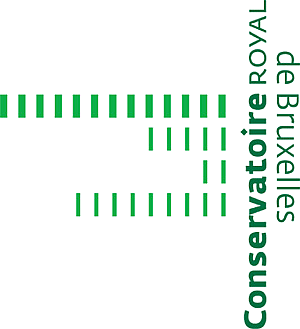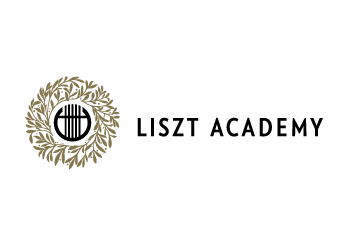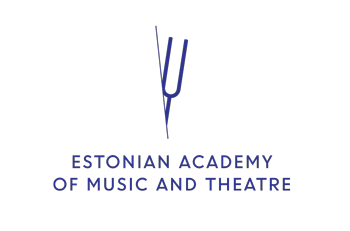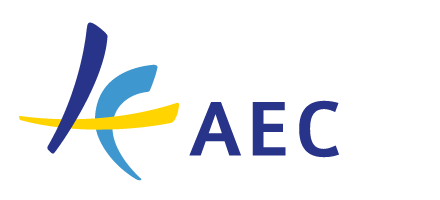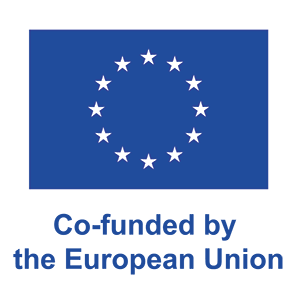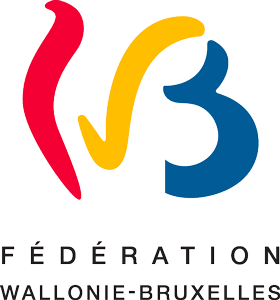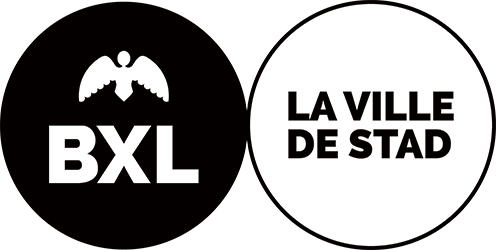Harmony I-IV
University of Sarejevo - Academy of Music
- Module 1: Diatonics (tertian chords, seventh chords, ninth chords: Principles of voice leading, triads in first and second inversion, harmonic progression and sequence, cadence, nonchord tone). Chromaticism and modulation.
- Module 2: Harmonic analysis compositions from period of: Baroque, Classicism and Romanticism. Methodology: oral presentation, demonstration, problem assignments, practical work, student presentations
